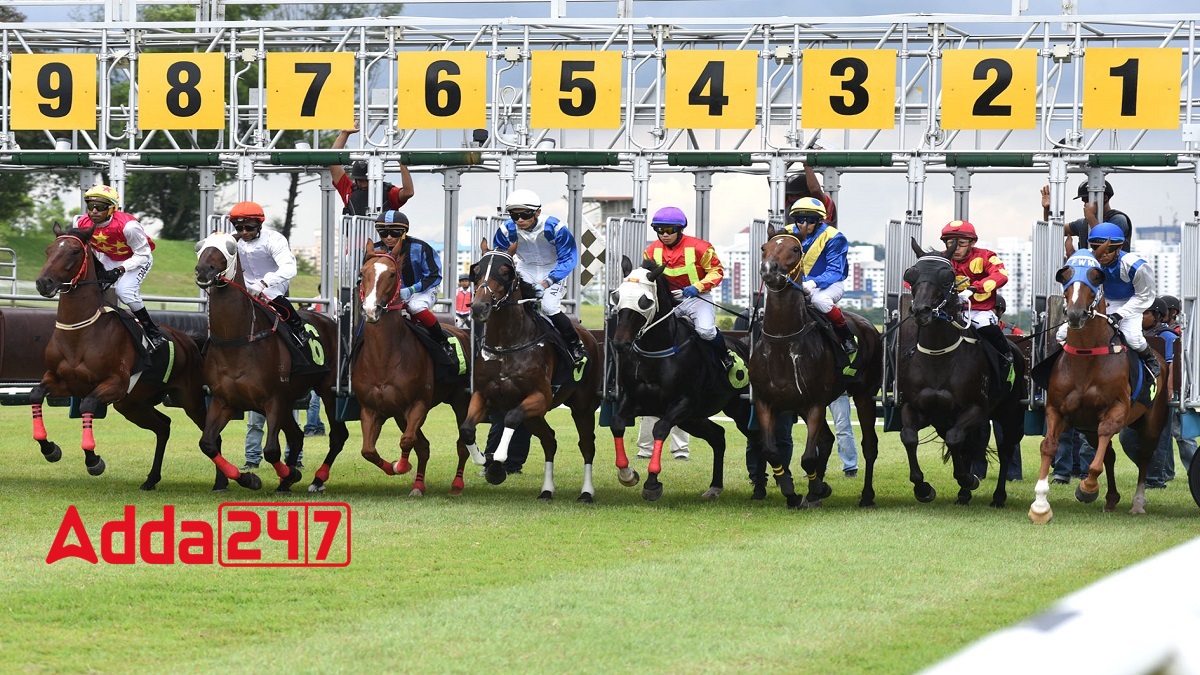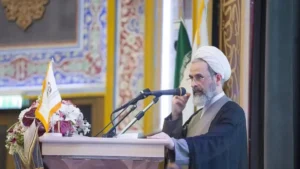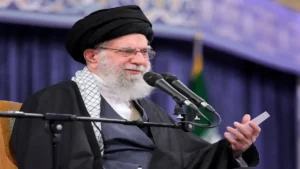After 181 years of horse racing, Singapore hosted its final race day at the Singapore Turf Club on Saturday, as the site prepares to be repurposed for new housing developments. This decision, influenced by the growing population surpassing six million, marks a significant shift in the city-state’s approach to land use, prioritizing housing over recreational activities.
A Day of Mixed Emotions
The event was attended by approximately 10,000 fans, showcasing a nostalgic blend of older-generation punters and socialites, as they gathered for the final race—the Grand Singapore Gold Cup. South African jockey Muzi Yeni, who rode the winner, expressed a collective sentiment of loss, emphasizing the need for government acknowledgment of the sport’s history. The Turf Club‘s vast 120-hectare site will be handed back to the government by early 2027, aiming to address the housing demand.
Declining Popularity of Horse Racing
The decline of horse racing in Singapore has been evident, with attendance at race days dropping from an average of 11,000 in 2010 to about 6,000 in 2019, exacerbated by the COVID-19 pandemic. Younger citizens have shifted their interests towards other sports, with events like the Formula 1 motor race drawing much larger crowds.
Historical Significance
Founded in 1842 by Scottish merchant William Henry Macleod Read, the Singapore Sporting Club held its first race in 1843. Over the years, the sport has faced land constraints, leading to several relocations and adaptations. The last major facility, built for S$500 million in 1999, featured state-of-the-art amenities but ultimately became another casualty of urban development, similar to the closure of the last public golf course earlier this year.
Looking Ahead
The conclusion of horse racing signifies a broader transition for Singapore, reflecting the challenges of maintaining historical sporting traditions in a rapidly urbanizing environment. Tim Fitzsimmons, a head trainer, lamented the loss, stating that he doesn’t foresee a revival of the sport. As attendees departed, the final message on the main screen resonated with many: “THANK YOU.”




 Iran Names Ayatollah Alireza Arafi as Te...
Iran Names Ayatollah Alireza Arafi as Te...
 Iran’s Supreme Leader Ayatollah Ali Kham...
Iran’s Supreme Leader Ayatollah Ali Kham...
 UAE Launches World’s First Sovereign Fin...
UAE Launches World’s First Sovereign Fin...








